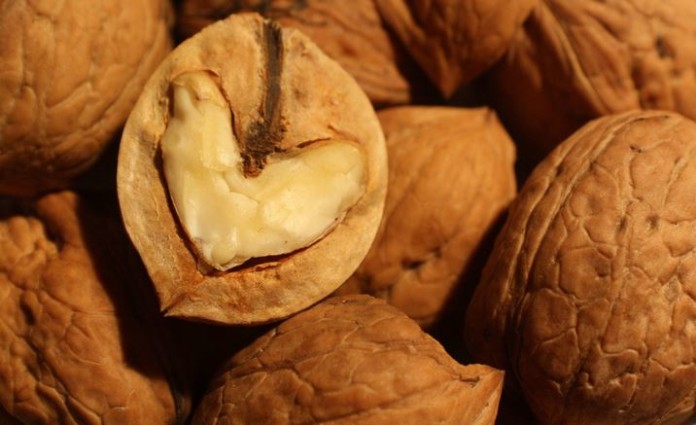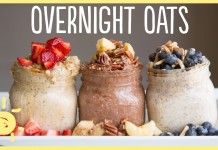Pick The Best Protein Choices
Have you ever wondered about how much protein you should be taking in, or even more important, which source of protein is the best for you. There is so much information out there and it can be confusing as to what you should be eating. Hopefully this will give you better direction so that you can meet your fitness goals!
Eggs
They don’t just contain 6 grams of protein each. They contain 6 of the most valuable grams of protein around, says registered dietitian nutritionist Bonnie Taub-Dix, a U.S. News Eat + Run blogger, owner of the nutrition consultancy Better Than Dieting and author of “Read It Before You Eat It.” Eggs rate the highest in terms of their “biological value,” the proportion of protein that, when eaten, helps form proteins and tissues in your body. Plus, they’re rich in choline as well as vitamins B-12 and D, all of which are critical to keeping your energy levels up and cells humming along as they should.
Cottage Cheese
Perhaps the most underrated cheese known to man, cottage cheese contains 25 grams of protein and 18 percent of your daily calcium needs in a single cup, says registered dietitian Jim White, spokesman for the Academy of Nutrition & Dietetics and owner of Jim White Fitness training studios in Virginia. Also noteworthy: It’s rich in casein, the slowest-digesting protein you can eat, helping fend off hunger for hours.
Chicken
Poultry should be a staple of any omnivore’s protein plan. It contains far less saturated fat than many other cuts of meat, and still contains 30 grams of protein per breast. Opt for white meat whenever possible to keep your calorie count down, Elango says.
Fish
“Low in calories and high in value, fish is an excellent source of omega-3 fatty acids promoting heart health and stabilizing moods,” A 3-ounce serving of salmon will score you 17 grams of protein with 6.5 grams of unsaturated fatty acids. And tuna is a straight-up protein powerhouse, with 25 grams in just 3 ounces. Plus, if you’re trying to cut calories, it’s actually leaner than salmon, containing only 5 grams of total fat (both saturated and unsaturated). Study researchers recommend eating fish twice a week, baked or broiled.
Greek Yogurt
Perfect for breakfast, snacks or as an ingredient in just about anything, plain, nonfat Greek yogurt contains 17 grams of protein per serving. In case you were wondering, going fat-free won’t cut down on how much protein your yogurt contains. “Plain is your best option as fruit flavors can pack in loads of sugar,” White says.
Leafy Greens
Calorie for calorie, kale, collard greens and other leafy greens are surprisingly rich in protein. For instance, a 70-calorie serving of spinach contains about 10 grams of protein. While greens don’t contain all of the amino acids you need, pairing them with beans and legumes can help make them “complete” with the nine essential amino acids.
Original article here
photo source here
[ulp id=”I1Mr4xcccmiFLCrG”]











